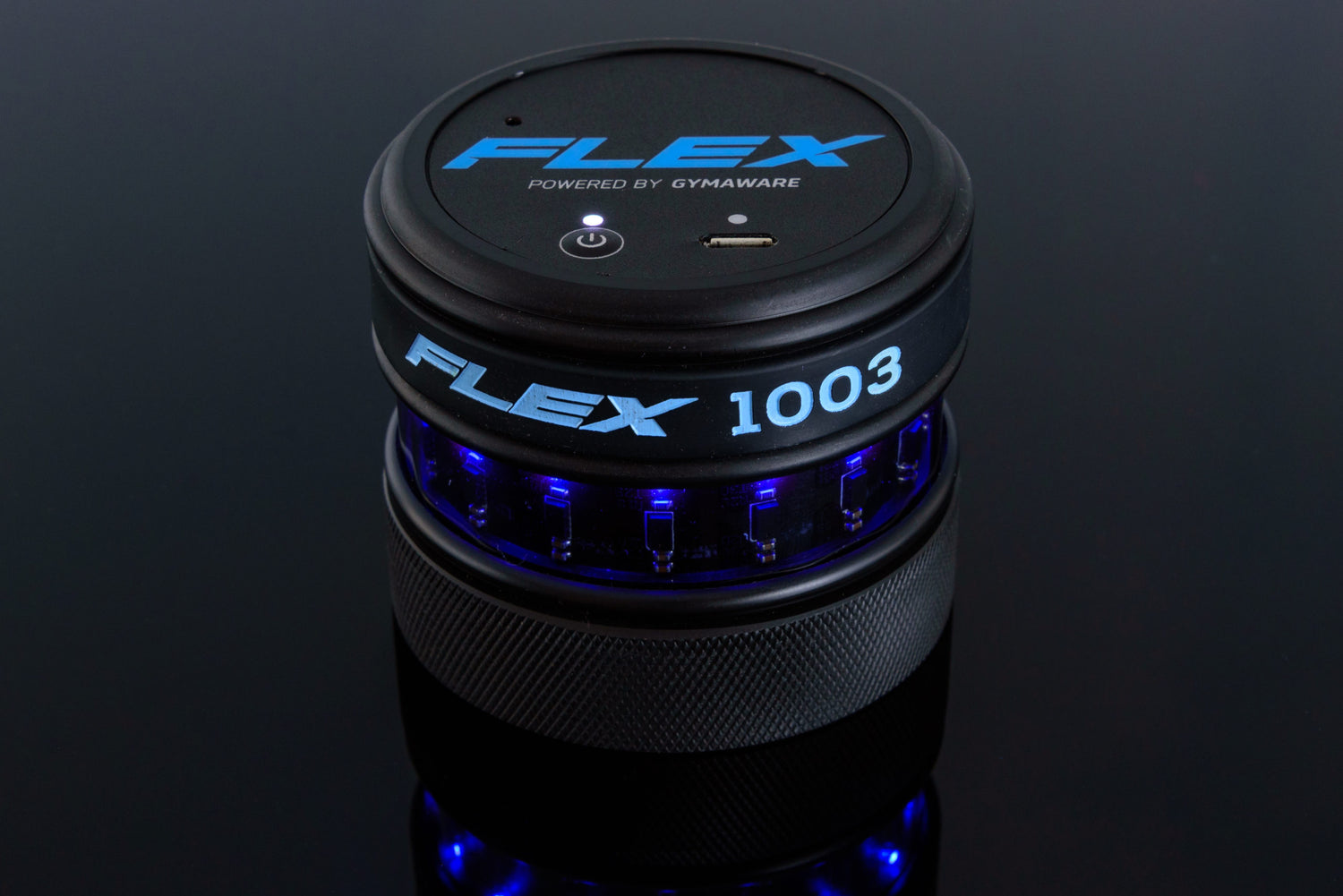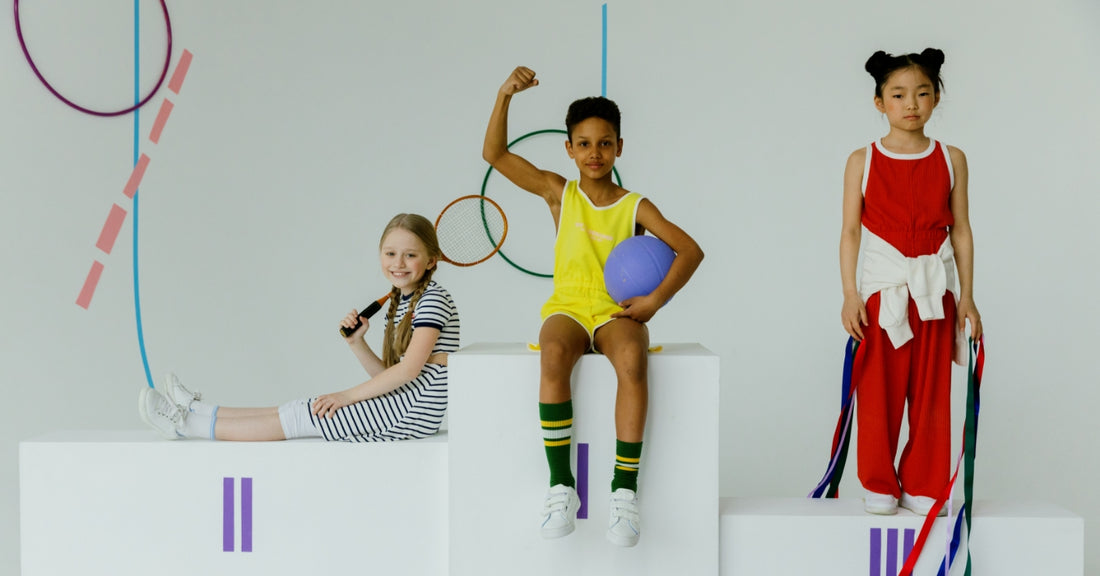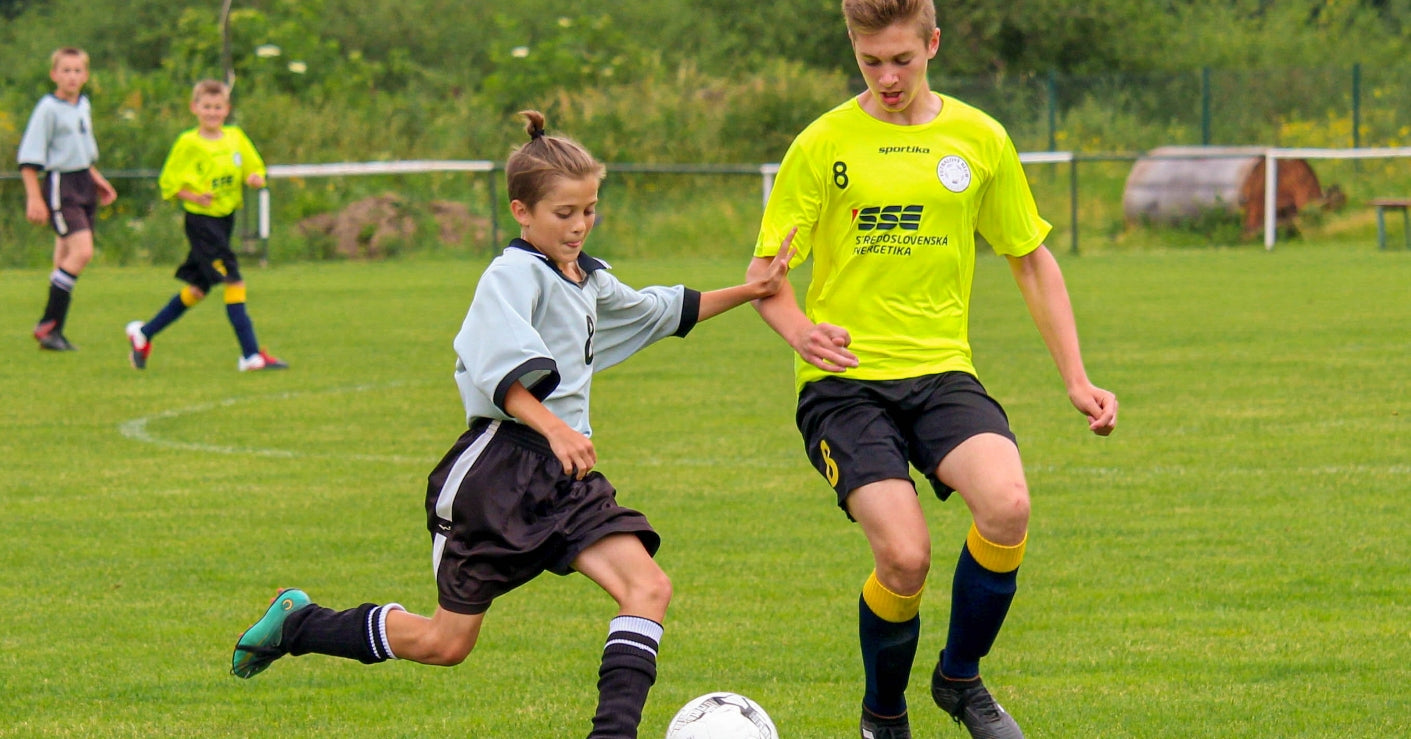There are near infinite amounts of resources available for understanding how physical activity positively affects the physical health of children.
However, one thing that doesn’t seem to get as much attention as it should is just how important exercising and physical activities are for their mental health.
We believe that the mental health benefits of sports are as important as the physical benefits. Most children are going to go into society, not as world renown athletes but as doctors, engineers, teachers, designers.
When it comes to succeeding outside the sporting world (and within it to a great extent), positive mental strength is invaluable.
You may never need to run 10 miles outside of a marathon but the mental ability to overcome setbacks is needed almost everyday.
This is why we will be focusing on the benefits physical activity and exercise have on the mental health of children and young adults, benefits that we believe would make more parents encourage their children to take up sports or enrol in a gym.
The importance of physical activity in a child’s development
Increased self confidence & self esteem
Taking part in physical activities and making progress in developing skills provides a massive boost to the self esteem of children and adolescents.
Taking part in these sports or exercise routines, continuously rising to and surpassing challenges, and watching their bodies become more competent are all amazing achievements that make kids feel amazing about what they are capable of and thus, what type of person they are.When they know that they have been at the end of their abilities but were able to rise above due to their hard work and perseverance, and have done this over and over again… It’s not hard to see why when presented with challenges in their daily lives, like learning new skills or adapting to a new job, these children know to apply their skills from playing sports to help overcome the challenges.
The result is a more confident approach to life’s challenges and a sense of self, knowing you excel at one part of life keeps them from falling into the trap of negative thinking when things don’t go to plan in other parts of their lives.
This is in stark contrast to kids who give up when presented with something difficult, all because they have no reference of past triumph to give them the belief that they can rise to and beyond the challenge.
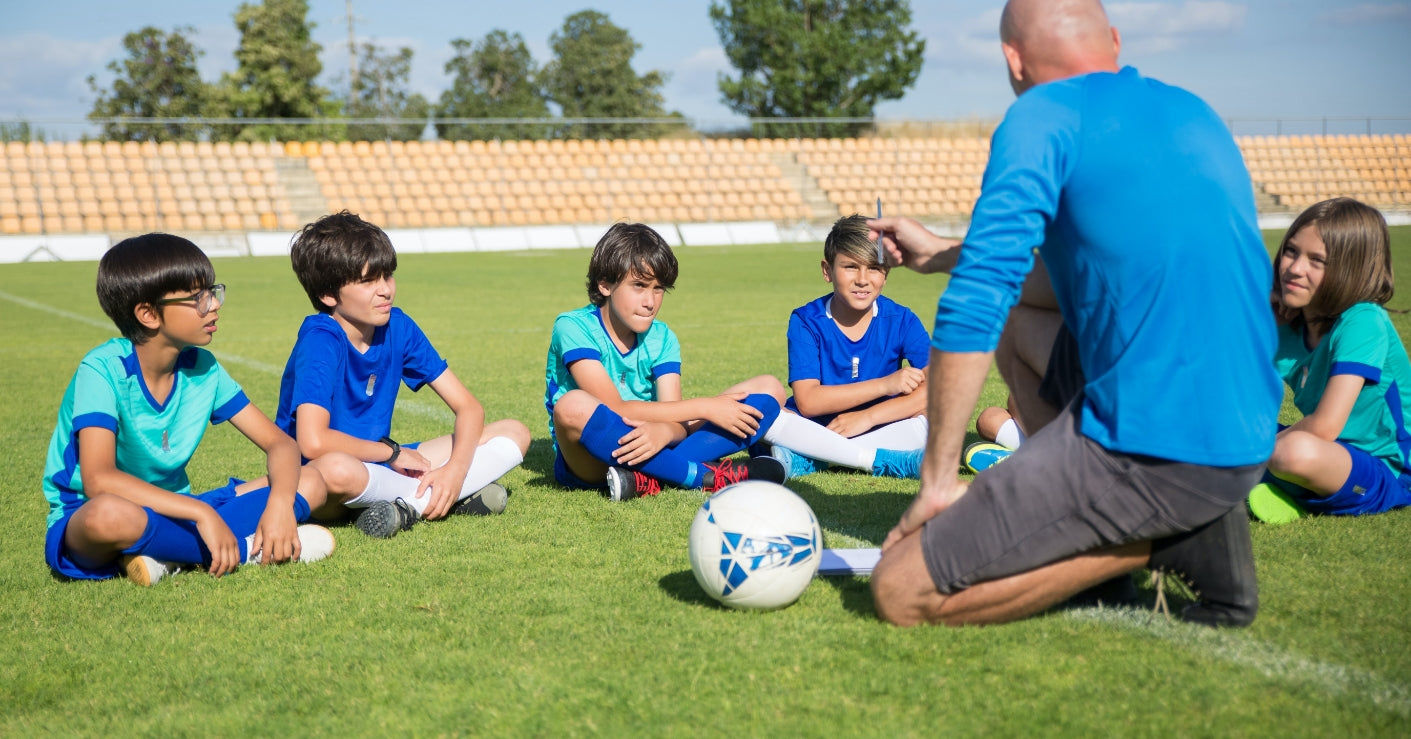
Improved focus and concentration
The true power of physical health to improve concentration and focus was shown in a study on children with Behavioural health disorders (BHD).
BHD comprises a number of mental health challenges including Autism, ADHD and Mood swings.
In the study, researchers assigned various children with BHD to take part in ‘cyber cycling’, where the children cycle on stationary bikes while viewing Virtual reality scenery.
They used cyber cycling as it was more engaging to the children with BHD but they propose the results would be the same with conventional forms of exercise like running, swimming and regular cycling.
“Overall, children in the intervention group, who ranged in ages 7 to 16, displayed up to 51 percent less disruptive behaviours than during the control period, with the effect particularly strong on the days they participated in the cybercycling class,” the study reports.
“First, it seems to change where the brain directs its resources, from areas of the brain that are involved in worrying, for example, and toward areas that are more involved in coordination and focus,” said Bowling. “Secondly, aerobic exercise can change brain chemistry, and specifically the levels of certain neurotransmitters that might help improve an individual’s self-regulation. When mood and self-regulation — the ability to control behaviour — is improved, then children can function better in the classroom.”
This proves just how important the changes exercise and engaging physical exercise can have on the development of children and their cognitive abilities.

Reduced anxiety and depression
Exercising releases Endorphins, the brain’s famous ‘feel good’ chemical.
Exercising and sports, especially when kids are working towards and achieving goals, helps to raise endorphin levels in the brain. These help to flood out feelings of anxiety and depression in the child’s mind while also improving their positive belief in themselves.
The effects of this are so prominent that some doctors recommend their patients get on an exercise regime to help ease depressive symptoms.
The best part?
It’s a lot easier to get everyone to do some sort of exercise than it is to medicate them, which means exercise is a much more viable, helping to ease depression and social anxiety in our community.

Increased cognitive abilities
Studies on mice and humans have shown that cardiovascular exercise creates new brain cells and improves overall brain performance. It also prevents cognitive decline and memory loss by strengthening the hippocampus, the part of the brain responsible for memory and learning.
Ever wondered why creatives throughout history loved long walks?
Studies have also shown that the increase in physical activities increases your creativity and mental agility. Getting your kids to exercise is a great way of helping them get the most out of their mental abilities.
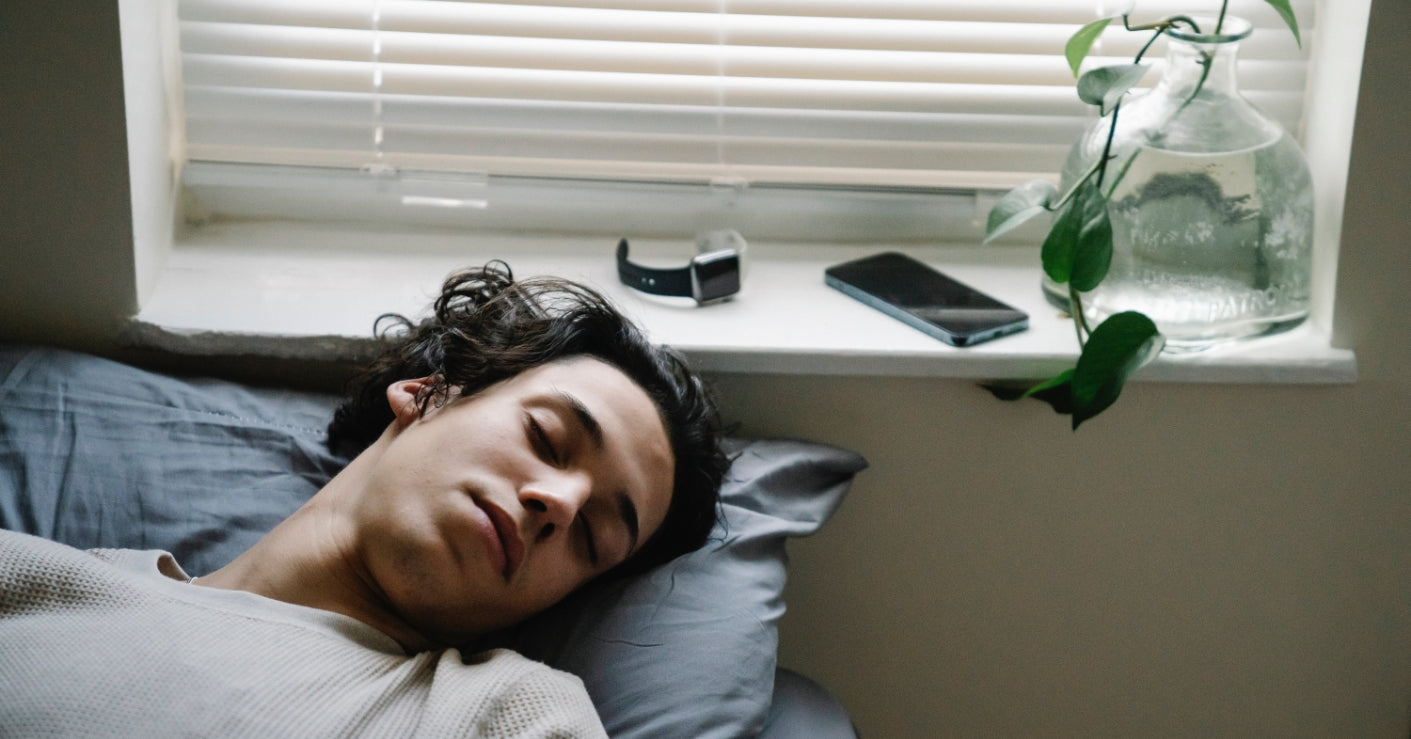
Better sleep
While that first line may sound like a breakfast commercial… Its claims are true.
Exercise helps to regulate the circadian rhythm and increase your body’s temperature, which in turn leads to a calming response in your mind to deal with it.
Exercise has been found to reduce the severity of insomnia and help patients get more restful sleep.
However, while exercise is great for helping you sleep, it is not recommended that you exercise close to bedtime as it may make you too energised to fall asleep.
Conclusion
Exercise and physical activity have so much to offer young kids and adolescents.
The opportunities to help children overcome mental health struggles, whilst also getting them involved in exercise and interacting with others is something we have to take full advantage of.
If you’re interested in learning more about physical fitness and how you can get the most out of yourself and your kids exercise time, why not sign up for our newsletter?
We post twice a month and give updates on awesome blogs such as this and other relevant topics.
Sources:
1. Rodriguez-Ayllon, M., Cadenas-Sánchez, C., Estévez-López, F., Muñoz, N.E., Mora-Gonzalez, J., Migueles, J.H., Molina-García, P., Henriksson, H., Mena-Molina, A., Martínez-Vizcaíno, V. and Catena, A. (2019), Role of physical activity and sedentary behavior in the mental health of preschoolers, children and adolescents: a systematic review and meta-analysis. Sports medicine, 49 (9), pp. 1383-1410.
3. Bélair, M. A., Kohen, D. E., Kingsbury, M. and Colman, I. (2018), Relationship between leisure time physical activity, sedentary behaviour and symptoms of depression and anxiety: evidence from a population-based sample of Canadian adolescents. BMJ open, 8 (10), p.e 021119.
4. https://www.mayoclinicproceedings.org/article/S0025-6196(19)30522-1/fulltext
5. Rhodes, R. E., Guerrero, M. D., Vanderloo, L. M., Barbeau, K., Birken, C. S., Chaput, J. P., Faulkner, G., Janssen, I., Madigan, S., Mâsse, L. C. and McHugh, T. L. (2020) Development of a consensus statement on the role of the family in the physical activity, sedentary, and sleep behaviours of children and youth. International Journal of Behavioral Nutrition and Physical Activity, 17 (1), pp. 1-31.
